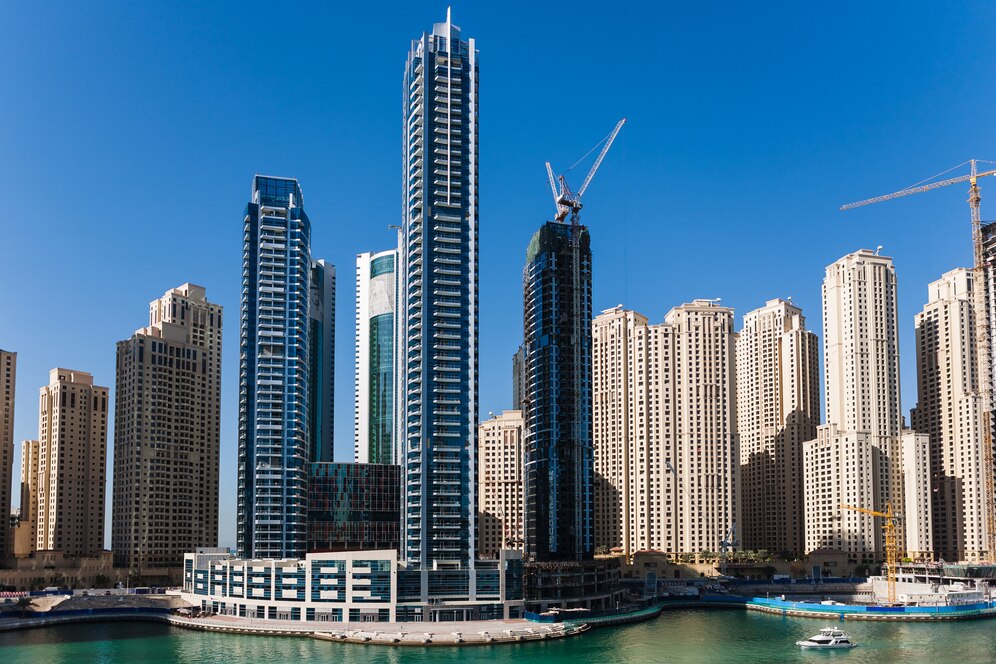
Cost of Living in Dubai 2025: A Complete Budgeting Guide
Dubai is a city and emirate in the United Arab Emirates known for ultramodern architecture, booming business economy, expat population hotspot, safest cities and zero personal tax. Dubai's 2025 population is estimated at 3 Million out of 11 Million Population of the United Arab Emirates.
Dubai was first established in 1833 when approximately 800 settlers from the Bani Yas tribe arrived at Dubai creek. This harbor led to an economy that thrived on fishing, sea trade, pearling and, eventually, led to its status as a port city. By the 1930s Dubai’s population was nearly 20,000, and this number continued to proliferate.
2025 Estimates
Housing Costs
Rent Starting from AED 5,000 Monthly
Buying a House in Dubai
Starting from AED 2,000 Price Range Per Square Foot (AED)
Utility Expenses in Dubai
Starting from AED 2,000 Monthly
Grocery Shopping in Dubai
Starting from AED 2,000 Per Person Monthly
Healthcare Insurance Costs in Dubai
Starting from AED 2,000 Per Person Annually
Job Loss Insurance
Dubai now offers expats an extra layer of financial protection against sudden job loss. The Involuntary Loss of Employment (ILOE) scheme, Dubai now offers expats an extra layer of financial protection against sudden job loss. The Involuntary Loss of Employment (ILOE) scheme,
Education Costs for Families
Starting from AED 50,000 Per Child Annually
Transportation in Dubai
Private
Public
Leisure and Entertainment Costs
Starting from AED 500 Per Person Monthly
Income Tax
The UAE is a popular “tax haven” because the UAE Government doesn’t levy income tax on individuals, and it offers tax-free investments options to all residents of Dubai.
Even though the cost of living in Dubai might seem steep, smart budgeting can help you enjoy the city without breaking the bank. Here are some guidance tips:
Choose your neighborhood wisely: Consider living in areas outside the city centre where rent is lower yet well connected to business hubs.
Maximize public transport: Dubai’s public transit is efficient and cost‑effective compared to owning a car.
Shop at local markets: Buying fresh produce at local markets can lower your grocery bill compared to supermarkets.
Leverage offers: Keep an eye on seasonal promotions for utilities, internet packages, and leisure activities.
Budget for dining out: Balance restaurant meals with home‑cooked meals to manage overall expenses.
Plan for hidden costs: Include budgets for education, healthcare, and occasional leisure splurges in your monthly planning.